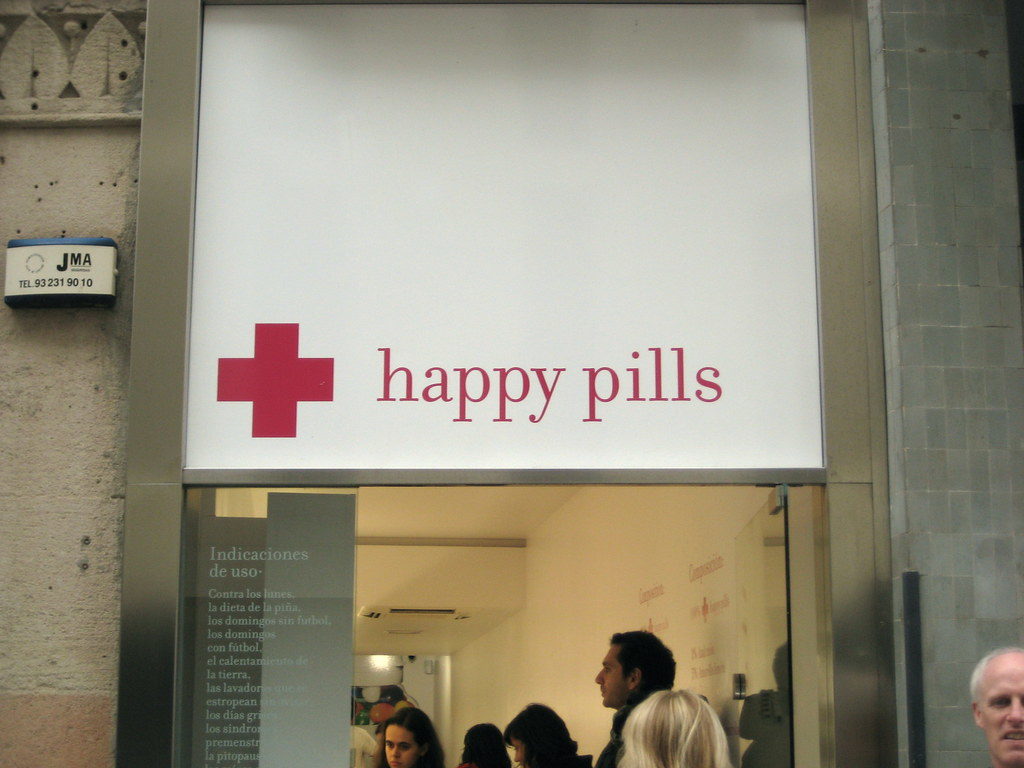How many times have we met that uber-successful person who is rich, has a big house, all the right stuff, but inside the person is worn down, tired, and dead. They get to the top of the ladder only to find that it feels like the bottom. I know I’ve felt that way from time to time, every day is the same as the last. I was stuck in the marathon of a career, 30 years, 40 years, if I can only make it. Yawn. I feel tired just thinking about it.
This morning I took a deep dive into this, and I did it by examining some of the most successful people in the world: Athletes, Entertainers, and Entrepreneurs seem to be doing it differently–and they are. They work differently, they structure their days differently.
I just checked, it can cost around $4000.00 to sit courtside at a Laker’s game. That means some of you out there will pay almost 4k to watch a dude like Kostas Antekopoumpo from Greece work for 3 hours or so. Front row seats at Katy Perry’s show in Las Vegas coming up in December? I saw tickets for over $5000.00. How much would you pay to go watch Elon Musk, David Branson, Oprah, or any of those entrepreneurs give you personal advice? Do you know how former basketball star Magic Johnson and now entrepreneur has made on speaking fees? $600,000,000.00 (mic drop). Are these people worth the money we are willing to pay? Well, a lot of people think so. These people inspire us, they mystify us with their work, they bring the very best out in us.
Will your success cost you your life?
Indulge me for a minute. Let’s take a walk back to about 1850. Factories have been invented. People are coming in from the farms to the industrial centers and putting in 70-80 hours a week. They were working on “factory time”, a bureaucratic time system that cared nothing for the creativity or lives of the people working. They were trained and put to work. We still operate on this time system to a large degree. We’ve had a labor movement in this country, so things have changed a little. Now we are expected to work Monday-Friday, 40 hours — which for most is like 80 because we are constantly connected to work. Sure we get a couple of weeks of vacation with some civic holidays sprinkled in there–but we are still on “factory time.”
We even teach our children this with a weird mix of the agricultural time system and the old factory time system. They goto school 9 months out of the year, because when the country was mostly agricultural, it was more important for them to come home and help the family harvest crops back then, so schools let them out for a bit to work in the fields. Some school systems have changed this and now are full factory time–school year around. They want to stamp out a worker bee in 12 years and make them “ready” for life. Look at some kids in middle school these days, they move with the speed and energy of a middle-age worker coming home from the factory. That’s just after 6 years… If they are too energetic, creative, or they don’t fit factory time, we say that they are ADHD–and give them drugs to force them into the system.
We live in an era of exponential results
We don’t live in those times anymore. So why do we cling to the old systems? Today results come fast and furiously. Discontinuously. We live in an era where results can be achieved much more quickly than in the past. There are more millionaires today than ever before. We need systems and structures that provide us with the highest levels of rejuvenation, energy, and creativity. We need to figure out how to manage our energies to serve our lives and our families.
One word sticks out in the paragraph above: discontinuously. I mean that our results happen from time to time, but, not usually every day. It’s not the consistent achievement of results that matters. It’s the magnitude of big results that come every once in a while. It’s about learning how to structure our lives to capture those times, to be prepared for the game day, showtimes, the big moments in our lives, and the days that mean the most. We need to be ready to do the quick sprints when we see an opportunity. If we are stuck in marathon mode, all we are doing is trying to get to the end. We don’t have the energy to sprint and rock out some crazy results. The people that we looked at before achieve enormous amounts, and they do it because they focus all of their time on preparation for the “big days.” They take incredible care of themselves. They wall themselves off of all others when they have free days. So let’s put that all into a framework, a system, a philosophy. I’m going to call it the Energize Time System.
Energize Time System
First of all, we can’t be energizing others if we are dead tired inside. Dan Sullivan, computer scientist, author, and coach has taught me to look at my days differently. To structure my days in three very specific ways. I’ll share what I’ve learned from him.
Dan’s 30 years of working with over 20,000 people and studying the most successful of all of us, has developed a system based on how he’s watched top athletes, entertainers, and entrepreneurs work. It’s designed to make sure we have the energy to use the only competitive advantage we have over the machines and robots we are also creating, What is a human’s competitive advantage over machines? Creativity. Machines cannot create things out of thin air like we can. Humans are so remarkable in this way. They can achieve things with creativity in any situation, under any circumstance. So let’s get into this.
The 3-day System
Dan teaches that we can break our days up into three types. Buffer Days, Free Days, and Focus Days.
Buffer Days
Buffer Days are days for preparation, they are for practicing and rehearsing. These days are for getting ready for the game days of our lives, the times we get ready for our showtimes! On Buffer Days you should be working to organize your schedules, delegating things that you need to get done during your Focus Days or Free Days (I’ll get to those next). They are your setup days. If you go and watch Katy Perry’s show about her behind the scenes, you’ll find that she is doing an enormous amount of preparation. She’s learning how to do the dance routines, working on her voice, exercising, meditating–she’s doing all of this in preparation for her next show. One that will last only a few hours–yet she spends hours and hours and hours on buffering her life to prepare her for those key moments. No wonder she’s worth 300 million.
Focus Days
Focus Days are the game days. These are the days that really matter. Dan has shown me that during the year for most people there are only about 50 key moments in a professional’s year that really matter.
Those moments are things like, that meeting with the boss to ask for a raise or promotion, a trip that you’re taking for work, a presentation that you do for the board of directors that could punch your ticket. That means there are relatively few days throughout the year that actually have the biggest impact on our lives and fortunes.
We have to figure out what those things are and make sure we are ready for them. When those days come, that meeting comes… we are ready and have the energy to “hit a home run”, “score”, or “slam-dunk that meeting.” Notice how we use the language of athletes to describe when something goes well. I’ve tried to slam dunk… it’s not something you do without training for it. Figure out which days in your week are the most vital. For me, Tuesdays and Thursdays are my most productive days, Monday, Wednesday, and Friday are Buffer Days. Tuesday and Thursday are the days that I try to schedule my most important activities. They are my game days.
Right now, I use the early mornings on Saturday now to do a course I’m taking on productivity, but Sunday is a day that I reserve for the next kind of day, Free Days.
Free Days
These aren’t vacation days per se, but they should be incorporated into all of your vacations. Free days are just that, free from work, business, meetings, calls, everything. Free days are meant to rejuvenate you. Rejuvenate means becoming young again. I love that the word juvenile is the base of that word, we want to become young again on those days and free our minds up so that we can be creative again. Without the energy to be creative, we can’t leverage our competitive edge. So, on Free Days you are building up your energies to have great ideas, to be with your family, to do things that you love doing and are healthy and good for your soul and spirit. You have to build these days into your schedules because if you don’t, you won’t — and then you’ll miss it. One of my inner circle members shared this quote he got from his wife with me yesterday:
“Time is a better measure of success than money. Money is the currency of work, Time is the currency of life.”
You’re going to have to create systems and structures that keep you from getting distracted on those days. Turn your phone on DND (do not disturb)–plan for those days on your buffer days. Delegate things prior to your Free Days and protect them like you’re protecting your baby. These are the days that will give you the bandwidth to make the sprints.
(One bit of advice Dan gives is that on Free Days you can talk to your spouse or significant other about how your doing with business etc, because he says, there is nothing that you shouldn’t be able to discuss with your spouse. But it should be about how you might be feeling about your work and business, or how it relates to the family, not the technicalities of your job.)
To produce more, to be more we must work at it. We must use self-knowledge and change as tools to design a life we want to live. We all want more, we all want success, and we can achieve these things if we use our creative genius, it’s there inside of us waiting. I believe in you! Promise yourself that you will become the best person you can be, then get to work doing it. I’ve given you some ideas–now let’s get to work, or rest!
If you want to learn more about Dan Sullivan and his work, check out his Strategic Coach program. DM me if you need advice on getting started.
Featured Photo by Spring Fed Images on Unsplash




